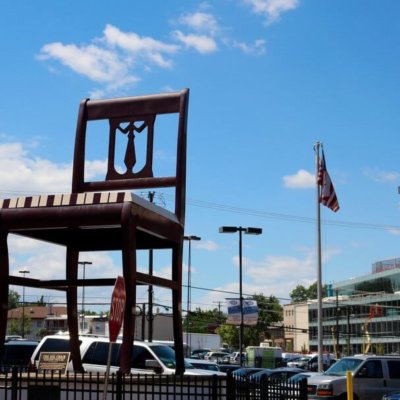For the last ten years, Avis E. Buchanan has been the director of the Public Defender Service for the District of Columbia(PDS), which provides defense, and related legal and non-legal services, to indigent adults and children charged with crimes and delinquent acts in the local DC courts. PDS is widely regarded as one of the best public defender offices in the country, local or federal; Avis is the longest-serving director in PDS history. As director of PDS, Avis oversees an extensive range of cutting-edge legal and non-legal services aimed at providing the best possible representation to criminal defendants. PDS has a staff of 220, roughly half of whom are lawyers. PDS has seven legal units and, uncommonly, pulls from those to create practice groups that focus, for example, on forensics and mental health, two chief aspects of trial and sentence-mitigation work. Specialists not only assist in individual cases but push for reforms of local and federal policies and legislation. They also run training programs for lawyers, social workers, investigators, and others working on the front lines of DC justice. Indeed, PDS was set up as a model public defender organization, Avis says. “We give people a fighting chance, just as rich people have… We are helping people at a very crucial time in their lives. We are dealing with people facing scornful, judgmental attitudes.” PDS attorneys force the system to see people as human beings – not just criminals, or bodies moving through the system. Avis has worked to expand access to justice throughout her career, in both civil and criminal cases. After graduating from law school and clerking for a federal appellate judge, Avis joined PDS as a staff attorney in 1982. She represented criminal defendants for six and a half years, during the height of the crack epidemic in D.C. For the next 13 years, Avis served as a staff attorney at the Equal Employment Opportunity Project, and then director of litigation at Washington Lawyers’ Committee for Civil Rights and Urban Affairs. There, Avis litigated individual and class action civil rights cases across the country. After over a decade of litigating civil-rights cases, Avis returned to PDS in 2002, as deputy director, and then became its director in 2004. Avis, who grew up in Washington, DC and Prince George’s County, says that the struggle for civil rights has been a “running theme of my existence” and results directly from the influence of her father. Her parents’ values and her faith led her into public interest law and continue to guide her work. “The idea of helping people and doing for others is what I was taught at home and taught at church,” she said. And Avis continues to be active in her community: she sits on her church’s board of trustees, her former elementary school’s board, and on the board that runs the local Adventist Health Care system. She also sits on the board of the National Legal Aid and Defender Association and on our own Honorary Board. Finally, Avis is a mentor to young people in a variety of settings. She has served as a mentor through the public interest program at Harvard Law School, and has volunteered to be a mentor at Georgetown Law. She also reaches out to younger people at church, and takes time to help young people who friends or colleagues send to her for advice. “I have them come down to the office, introduce them to attorneys and take them to do court-watching,” she says. “It demystifies the job, and shows them it is within their reach.” We’re not the first to notice Avis’s accomplishments. She has received the Wiley A. Branton Award from the Washington Lawyers’ Committee for Civil Rights and Urban Affairs and the Edwin D. Wolf Award from the Lawyers’ Committee for Civil Rights Under Law. We’re pleased to join these organizations in honoring Avis’s many contributions to both civil and criminal justice.







